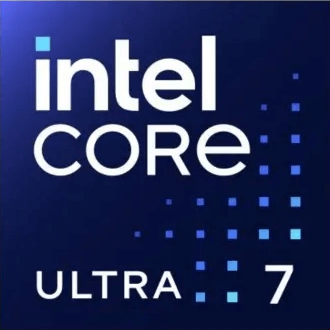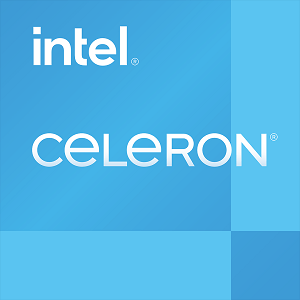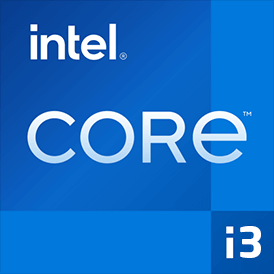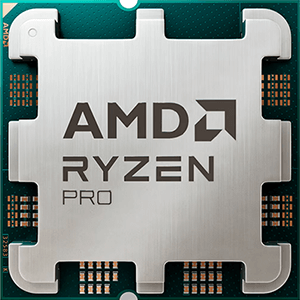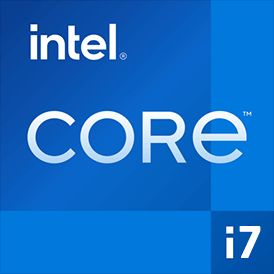Intel Core Ultra 7 265F vs Celeron P1053
We compared two desktop CPUs: Intel Core Ultra 7 265F with 20 cores 2.4GHz and Celeron P1053 with 1 cores 1.333GHz . You will find out which processor performs better in benchmark tests, key specifications, power consumption and more.
Main Differences
Intel Core Ultra 7 265F 's Advantages
Released 14 years and 11 months late
Higher specification of memory (6400 vs 3)
Newer PCIe version (5 vs 2)
Higher base frequency (2.4GHz vs 1.333GHz)
Larger L3 cache size (30MB vs 2MB)
More modern manufacturing process (3nm vs 45nm)
Celeron P1053 's Advantages
Lower TDP (30W vs 65W)
Score
General Parameters
Jan 2025
Release Date
Feb 2010
Intel
Manufacturer
Intel
Desktop
Type
Desktop
Arrow Lake-S
Core Architecture
Jasper Forest
Intel Socket 1851
Socket
Intel Socket 1366
N/A
Integrated Graphics
N/A
Ultra 7 (Arrow Lake)
Generation
Celeron (Jasper Forest)
Package
17.8 billions
Transistor Count
-
3 nm
Manufacturing Process
45 nm
65 W
Power Consumption
30 W
105°C
Peak Operating Temperature
64 °C
TSMC
Foundry
Intel
243 mm²
Die Size
-
CPU Performance
8
Performance Cores
-
16
Performance Core Threads
-
2.4 GHz
Performance Core Base Frequency
1.333 GHz
5.3 GHz
Performance Core Turbo Frequency
0
12
Efficiency Cores
-
12
Efficiency Core Threads
-
1800 MHz
Efficiency Core Base Frequency
-
4.6 GHz
Efficiency Core Turbo Frequency
-
20
Total Core Count
1
20
Total Thread Count
2
100 MHz
Bus Frequency
133 MHz
24.0
Multiplier
10.0
192 KB per core
L1 Cache
64 KB per core
3 MB per core
L2 Cache
256 KB per core
30 MB shared
L3 Cache
2 MB shared
No
Unlocked Multiplier
No
1
SMP
1
Memory Parameters
DDR5-6400
Memory Types
DDR3
256 GB
Max Memory Size
-
2
Max Memory Channels
102.4 GB/s
Max Memory Bandwidth
-
No
ECC Memory Support
Yes
Miscellaneous
Official Website
-
5
PCIe Version
2
20
PCIe Lanes
-
